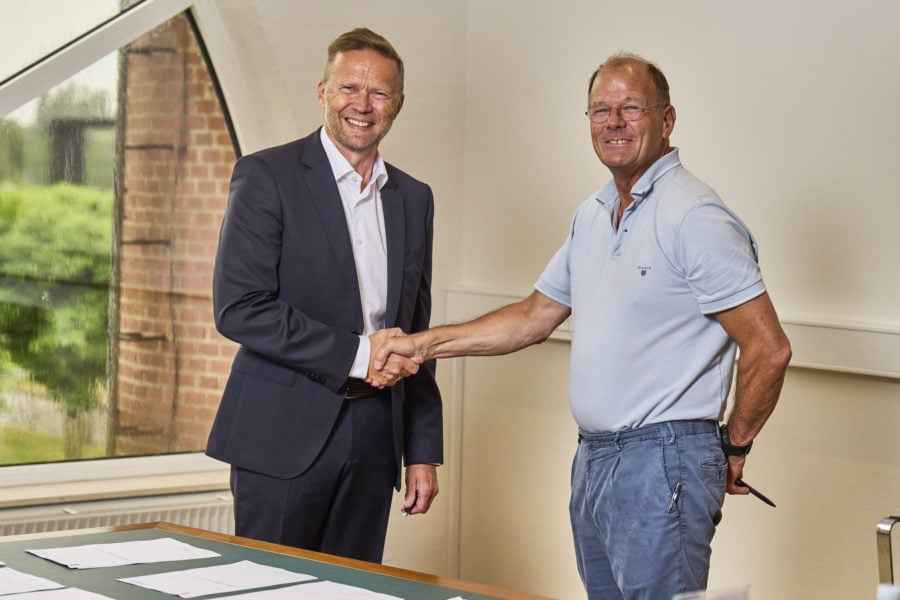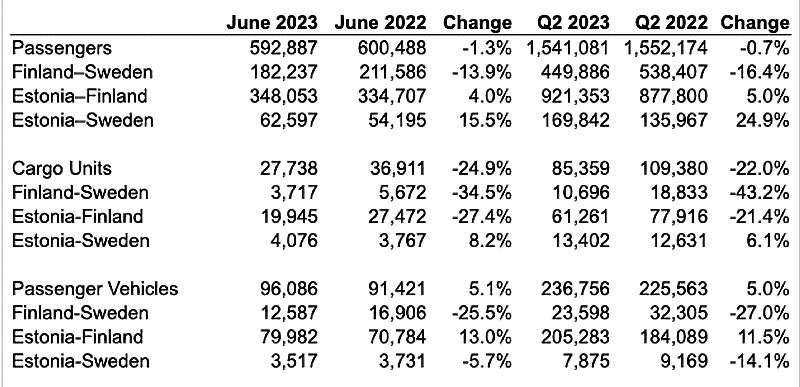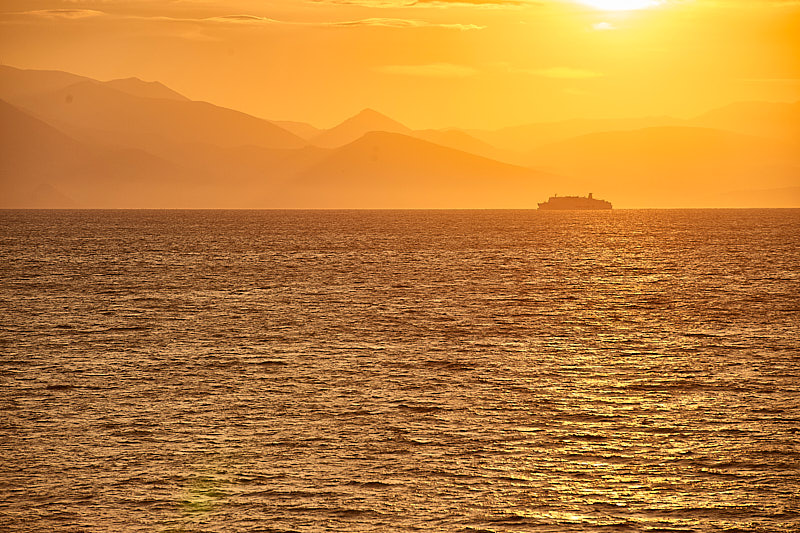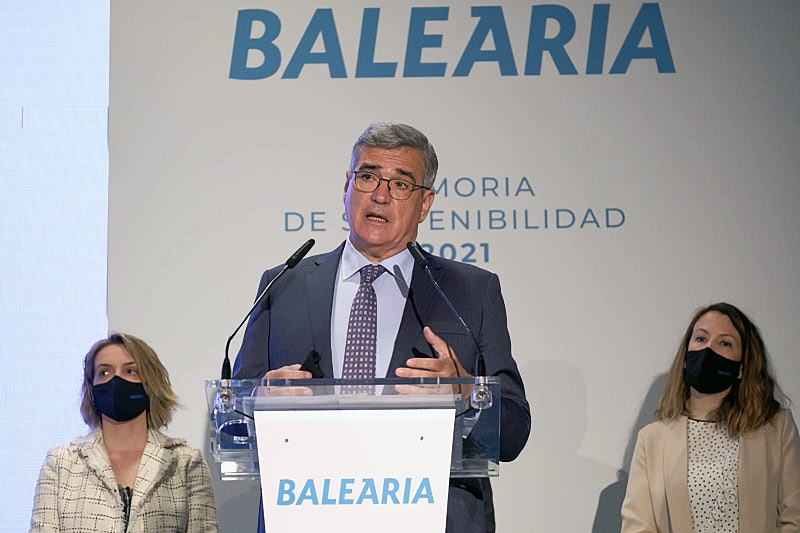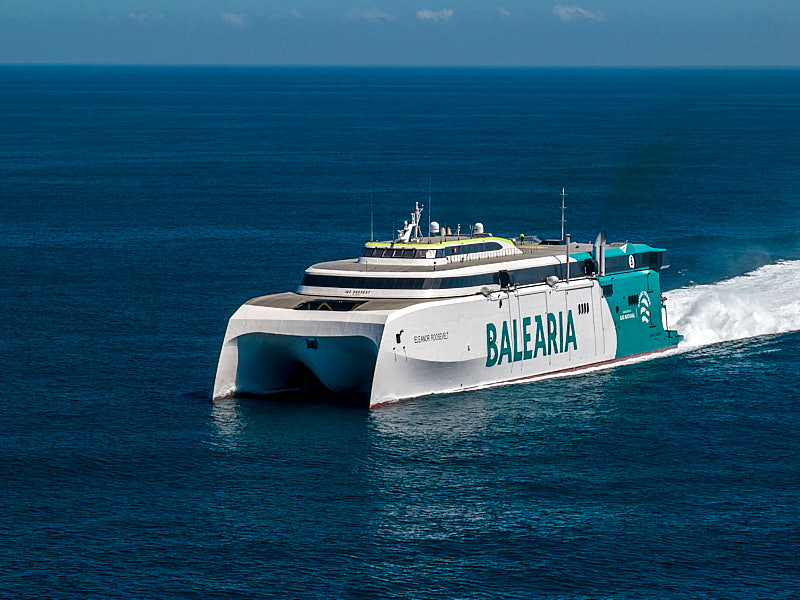The European Union’s Monitoring, Reporting and Verification (EU MRV) dataset for shipping’s European CO2 emissions for the year 2022 has been published, with the data highlighting some significant year-on-year changes from 2021 despite the shipping industry as a whole showing a modest reduction in emissions.
The EU MRV regulation requires all ships exceeding 5,000 gross tons to collect and report data on CO2 emissions released to and from EU and EEA ports and will serve as the basis for shipping’s inclusion in the EU Emissions Trading System (ETS) from 1 January 2024.
Total ETS-applicable emissions for the maritime industry amounted to 83.4 million metric tonnes of CO2 equivalent (tCO2e) in 2022, a modest decrease of 0.22% from 2021. At the current market value of €90 per emissions allowance (EUA), shipping emissions carried a total worth of €7.5 billion for the year.
Taking into account the ETS phase-in period covering 40% of emissions in 2024, 70% in 2025 and 100% in 2026, and utilizing the forward curve in EUAs, estimates indicate that the shipping industry could be liable for €3.1 billion in 2024, €5.7 billion in 2025 and €8.4 billion in 2026.
The data showed emissions decreases across multiple shipping segments, including tankers, container ships, general cargo ships, reefers, Ro-Ros and chemical tankers. The container sector showed the largest reduction, however, passenger ships and LNG carriers logged substantial increases.
“The projected liabilities emphasize the importance of shipping companies preparing for their entry into the ETS. We have been onboarding customers from across shipping’s value chain in order to have them fully prepared by the start of next year. We encourage more shipping companies to do the same,” said Hugo Wilson, Director of Hecla Emissions Management. Hecla Emissions Management was established by Wilhelmsen Ship Management (WSM) and Affinity Shipping LLP in 2022 to assist shipping clients with each of the compliance obligations associated with EU ETS participation.



